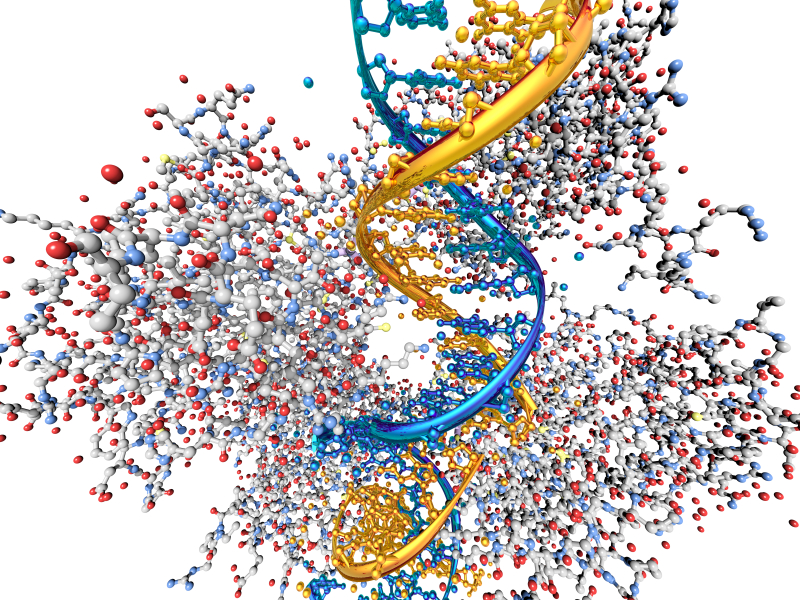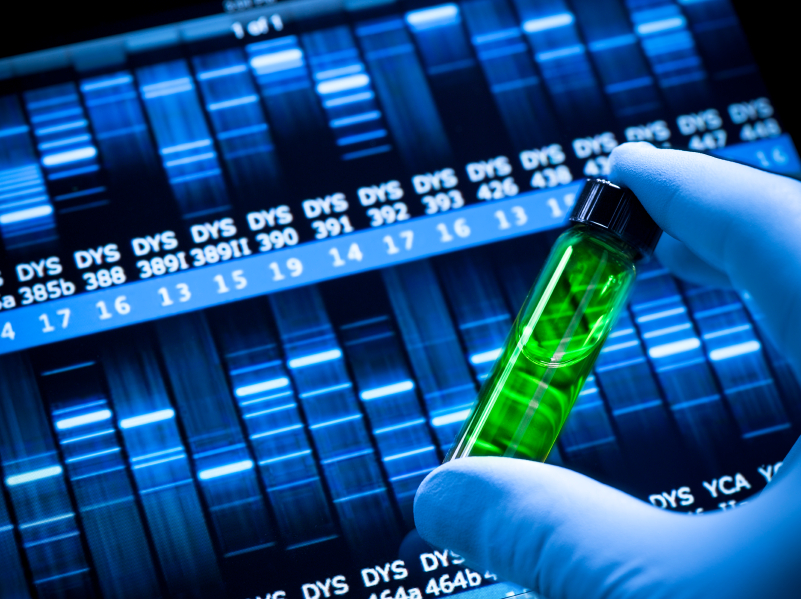CD Laboratory for Proteome Analysis

The analytical method of mass spectrometry is being further developed to enable the quantitative determination of protein complexes. This allows the compositions, interactions and temporal changes of these complexes to be analysed in detail.
Mass spectrometry can be used to determine the exact mass of atoms or molecules. To do this, the substances to be analysed are ionised, transferred to the gas phase and accelerated in an electric field. Using the mass-to-charge ratio, the measured atoms or molecules can be identified on the basis of theoretical predictions.
Mass spectrometry is therefore initially a qualitative measurement method that also allows the identification of proteins in complex biological samples. This analytical method of mass spectrometry is being further developed in such a way that both global and individual quantitative determinations of proteins, their modifications and their interaction partners are possible. These developments make it possible to investigate the compositions, interactions and temporal changes of protein complexes, the most important cellular components, in detail. In addition to an expansion of the actual measurement technology, work is also being carried out on optimising sample preparation, which will make it possible to analyse a wide variety of biological model systems using similar methods and with the required accuracy.
Proteins and large protein complexes fulfil a wide variety of tasks in the cell. They interact with other proteins, lipids, nucleic acids and small molecules. Their positions and structural changes are limited in time and space, and they are modified and degraded. It is precisely these processes that are to be measured with high precision. It is also expected that the processes in the cell that influence the dynamics of proteins and protein complexes will be better understood - an important step towards understanding the highly complex cellular regulatory mechanisms. This research not only offers a way to better understand cellular processes, but also a valuable tool for the establishment of novel diagnostic procedures and the development of drugs.

Christian Doppler Forschungsgesellschaft
Boltzmanngasse 20/1/3 | 1090 Wien | Tel: +43 1 5042205 | Fax: +43 1 5042205-20 | office@cdg.ac.at

